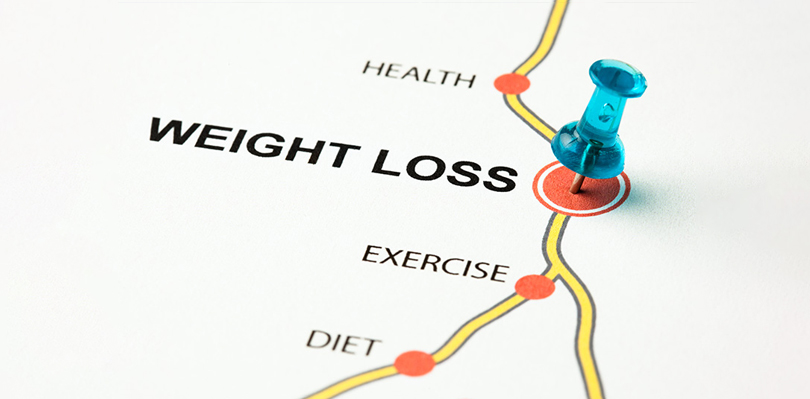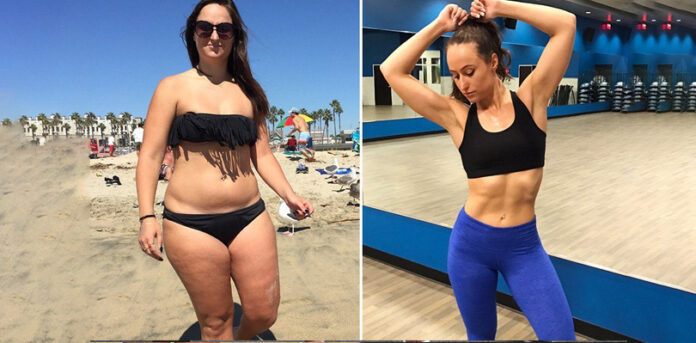Embarking on a journey toward achieving weight loss goals needs your commitment and dedication. It is crucial to start your weight loss journey with a well-defined plan. The first step in your plan must b setting realistic goals. These goals provide transparency and direction, allowing you to chart a path toward a healthier version of yourself.
Before starting your weight loss journey, it is important to take a moment to evaluate your current situation. Understand your lifestyle, health objectives, and, most importantly, your motivations.
How To Set Realistic Weight Loss Goals?

Weight loss goals are not just about shedding extra pounds; they are a strong dedication to your well-being and stamina. Starting a journey towards a healthier you need careful planning, realistic targets, and a proper strategy that acknowledges and celebrates every stage of your progress.
Here are some proven tips that will help you set realistic weight goals:
SMART Goals
To start your weight loss journey effectively, embrace the SMART goal strategy. Remember, your goals should be Specific, Measurable, Achievable, Relevant, and Time-bound. This approach ensures your aspirations are clear, achievable, and bound by a realistic timeline.
Break Down Goals
Break down your larger weight loss goal into smaller, achievable milestones. This approach keeps you motivated and allows for consistent celebrations of your progress. Larger weight loss goals might demotivate you.
Craft A Meal Plan
Balanced nutrition is your supporter on this journey. Prepare a meal plan that includes whole foods, lean proteins, fruits, vegetables, and healthy fats. Pair this with a personalized workout routine, designed in collaboration with a fitness professional.
Celebrate Progress
Celebrate and rewards each achievement, no matter how small it will be. Celebrating your milestones with non-food rewards such as a spa day, new exercise clothes, or engaging in a hobby you love will motivate you. These rewards support positive habits and maintain motivation.
Adjustments And Flexibility
The path to weight loss is not always easy. Embrace setbacks as possibilities for growth and learning. Be ready to adjust your goals and strategies based on your progress and challenges. Flexibility helps you to adapt to changing circumstances while maintaining your motivation.
Tracking and Monitoring
In order to measure your progress effectively, set a routine for tracking and monitoring. Keep a journal to record your daily meals, exercises, and emotional conditions. Regularly measure and record your weight, body measurements, body fat percentage, and other relevant metrics to stay informed about your progress.
FAQs
How do I set realistic weight loss goals?
Setting realistic weight loss goals involves a considerate approach. Start by evaluating your current health and consulting a healthcare professional to choose a healthy target weight range. Use the SMART goal framework, ensuring your objectives are Specific, Measurable, Achievable, Relevant, and Time-bound. Break down larger goals into smaller milestones for a more achievable and motivating journey.
What should be weight loss goals for beginners?
For beginners, weight loss goals should be realistic and achievable. Start with small changes like incorporating more vegetables and a short daily walk. Aim for a gradual weight loss of about 1-2 pounds per week through a balanced diet and increased physical activity.
What should be daily goals for weight loss?
For effective weight loss, set daily goals like staying hydrated, eating balanced meals with portion control, incorporating regular physical activity, getting enough sleep, and practicing mindfulness. Aim for consistent healthy habits that align with your overall weight loss objectives. Remember, small, sustainable changes add up over time and contribute to your success.

